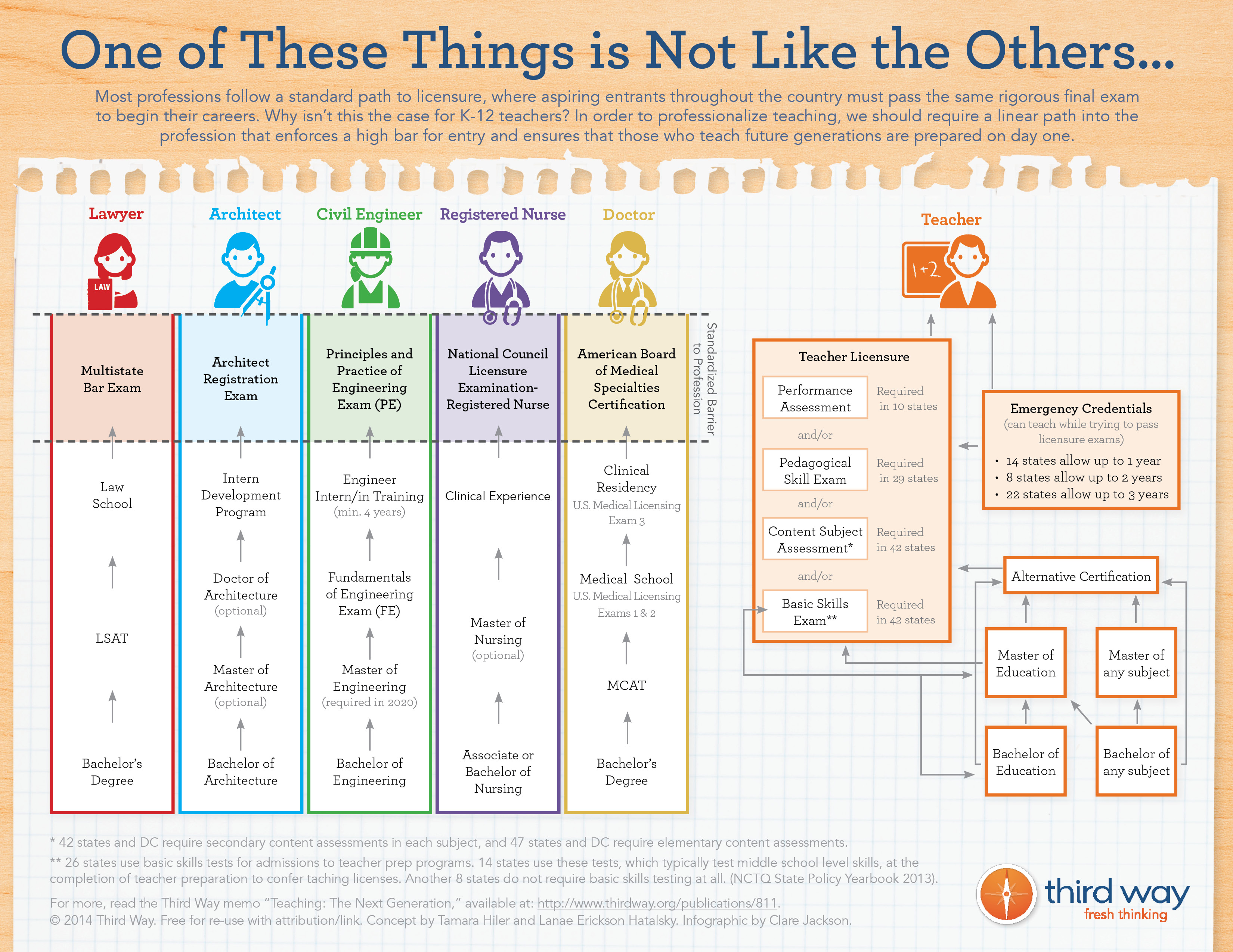A Path to the Bar: Exploring Lawyer Education Requirements

Aspiring to become a lawyer is an ambitious journey that demands dedication, intellectual rigor, and a deep understanding of the law. But before you can confidently argue a case in court or advise clients on complex legal matters, you’ll need to navigate the intricate labyrinth of lawyer education requirements.
This comprehensive guide delves into the multifaceted path to becoming a lawyer, outlining the essential educational qualifications, standardized exams, and practical experiences required to earn your law degree and eventual licensure.
1. The Foundation: Undergraduate Education
While there isn’t a single, mandated undergraduate major for aspiring lawyers, a strong foundation in critical thinking, reading comprehension, and writing is paramount.
Popular Undergraduate Majors:
- Political Science: Offers insights into governmental systems, legal history, and political theory, providing a valuable context for understanding the legal landscape.
- History: Develops research and analytical skills, while exposing students to historical legal precedents and societal changes impacting the law.
- English: Enhances reading comprehension, analytical writing, and effective communication skills, essential for legal argumentation and client interaction.

Key Skills to Cultivate:
Beyond your major, focus on developing these crucial skills:
- Critical thinking: Analyzing complex information, identifying logical fallacies, and constructing sound arguments.
- Research and writing: Conducting thorough legal research, synthesizing information, and drafting clear, concise legal documents.
- Communication: Articulating legal concepts effectively in both oral and written form, engaging in persuasive discourse, and building strong client relationships.

2. The Legal Journey Begins: Law School Admissions
Applying to law school requires a strategic approach, meticulous preparation, and a commitment to demonstrating your potential as a future legal professional.
LSAT: The Gateway to Law School:

The Law School Admission Test (LSAT) is a standardized exam designed to assess essential skills needed for success in law school. It covers logical reasoning, reading comprehension, and analytical reasoning. Scoring high on the LSAT is crucial for gaining admission to competitive law programs.
Application Components:
A well-rounded application typically includes:
- LSAT Score: A competitive score is essential for gaining admission to top-tier law schools.
- Undergraduate GPA: Law schools consider your academic record as an indicator of your cognitive abilities and work ethic.
- Personal Statement: A compelling essay showcasing your motivations for pursuing law, your unique experiences, and your aspirations.
- Letters of Recommendation: Letters from professors or mentors who can attest to your intellectual capabilities, analytical skills, and character.
3. Embracing the Challenge: Law School Curriculum
Law school is a rigorous intellectual journey that exposes students to a wide range of legal subjects, honing their analytical, critical thinking, and research skills.
Core Courses:
- Constitutional Law: Explores the fundamental principles and interpretation of the U.S. Constitution.
- Contracts: Examines the formation, performance, and breach of legally binding agreements.
- Torts: Focuses on civil wrongs and the legal remedies available for harm caused by another person’s actions.
- Criminal Law: Analyzes the definition and elements of crimes, as well as the rights of individuals accused of criminal offenses.
- Property Law: Covers the legal rights and obligations associated with ownership and use of real and personal property.
Specialized Courses:
Beyond core subjects, law schools offer a wide array of specialized courses, allowing students to delve deeper into areas of particular interest, such as:
- Environmental Law
- Intellectual Property Law
- Tax Law
- International Law
- Family Law
Developing Essential Skills:
Through extensive case study analysis, legal research projects, and moot court competitions, law students refine their:
- Legal Reasoning: Applying legal principles to real-world scenarios and constructing logical arguments.
- Legal Writing: Drafting clear, concise, and persuasive legal documents.
- Oral Advocacy: Effectively presenting legal arguments in a courtroom setting.
4. The Final Hurdle: Bar Exam
Passing the bar exam is the gateway to licensure as a lawyer, a rigorous assessment conducted by each state’s bar association to ensure competency and ethical standards.
Exam Structure and Content:
The bar exam typically consists of two days of testing, covering a broad range of legal topics, including:
- Multistate Bar Exam (MBE): A standardized multiple-choice exam covering fundamental legal concepts.
- State-Specific Essays: Require applying legal principles to hypothetical fact patterns.
- Performance Test: Simulates legal tasks, such as drafting legal documents or conducting client interviews.
Preparation and Passing Strategies:
Prospective lawyers dedicate months to intensive bar exam preparation, utilizing:
- Bar Exam Review Courses: Structured courses that provide comprehensive coverage of legal topics and test-taking strategies.
- Practice Exams: Familiarizing oneself with the exam format and identifying areas for improvement.
- Focused Study: Targeted review of weak areas and reinforcement of key concepts.
5. Beyond the Bar: Cultivating a Legal Career
Licensing as a lawyer is a significant milestone, but the journey doesn’t end there. Building a successful legal career involves ongoing professional development, networking, and dedication to serving clients effectively.
Choosing a Legal Path:
Lawyers specialize in diverse fields, such as:
- Litigation: Representing clients in court proceedings.
- Corporate Law: Advising businesses on legal matters.
- Transactional Law: Drafting and negotiating legal documents for business transactions.
- Public Interest Law: Representing individuals and organizations in pursuit of social justice.
Career Progression and Development:
Many lawyers pursue advanced legal certifications or degrees, such as:
- LL.M. (Master of Laws): Specializes in a particular area of law.
-
JD/MBA: Combines a law degree with a business degree, ideal for corporate law or entrepreneurship.
Continuous learning, professional networking, and active involvement in legal associations are crucial for career advancement.
Conclusion: Embracing the Challenge and Building a Legacy
The journey to becoming a lawyer is a challenging but profoundly rewarding path. By diligently navigating the lawyer education requirements, lawyers contribute to the administration of justice, advocate for their clients, and shape the legal landscape for future generations.
/law-book-with-gavel-860137962-5ada782ba9d4f9003dc76ee5.jpg)